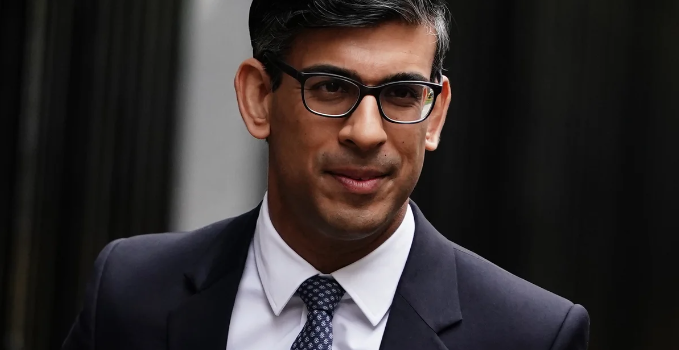
Report Suggests Lack of Transparency Led to Inefficient Decision-Making
A new report from the Institute for Government (IfG) has accused the UK Treasury of undermining effective government decision-making during the Covid-19 pandemic due to its secrecy and reluctance to share analysis across Whitehall departments. While the Treasury’s economic support measures were largely deemed successful, its limited transparency in sharing vital research created significant challenges, according to the findings.
The report, titled The Treasury during Covid: What Lessons Can Be Learned from the Pandemic?, draws on over 50 interviews with government officials and experts. It reveals that the Treasury’s unwillingness to collaborate and share evidence with other departments contributed to what the IfG described as a “tug of war” between the Treasury and health policy-makers. This lack of coordination was particularly evident in the autumn of 2020 when critical decisions about managing the pandemic were being made.
A key example cited was the Eat Out to Help Out scheme, which was criticised for its “optimism bias” and its disconnect from the warnings of scientific advisers about the risks of a second Covid wave. The IfG also noted that the Treasury’s decision-making was influenced by a focus on economic recovery rather than balancing health and economic impacts.
The report highlights the late formation of a Cabinet Office team in 2020, which was tasked with facilitating the sharing of analysis and evidence across departments. This change, the IfG says, significantly improved decision-making as ministers were finally able to access a more comprehensive, unified evidence base.
To address these shortcomings, the IfG recommends that the government appoint a senior external economist to serve as the Treasury’s chief scientific adviser, and also calls for a more open and collaborative approach across all government departments. It suggests strengthening the Cabinet Office to break down silos between departments.
The Treasury responded by defending its actions during the pandemic, stating that it moved quickly to prevent unemployment from soaring and protect the economy during an unprecedented crisis.
This critique sheds light on the challenges faced by the UK government during the pandemic, particularly around the sharing of technical analysis, which the report argues hindered the effectiveness of the government’s overall response.









